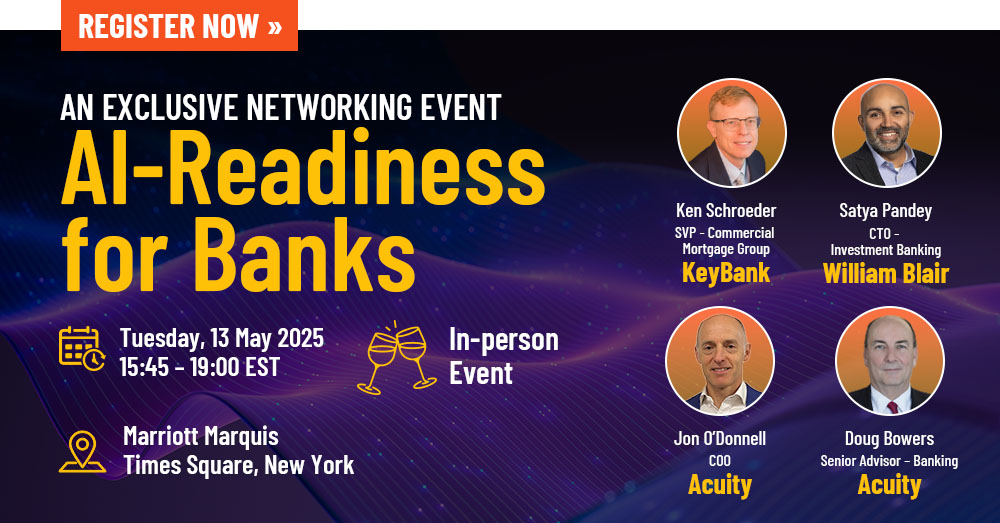Published on January 5, 2023 by Aastha Kapoor
In addition to increasing financial volatility, the pandemic made the banking sector rethink how it fits into the new normal. The sector is evolving rapidly in the digital space and adopting new technologies to give customers seamless multichannel experiences. Banks are carefully monitoring operating costs while looking for ways to reduce risk and maintain regulatory compliance.
Machine learning (ML) and artificial intelligence (AI) are the major trends in the banking sector, enhancing the customer experience. Money can be transferred from one place to another in a single click. Online banking has almost completely replaced traditional banks. Hence, there is a need to rethink how banking companies will operate in the future.
Metaverse – the cutting-edge technology
The metaverse has gained significant attention in many sectors, including banking, over the past year or two.
The metaverse reintroduces us to banking, giving banks the much-needed means to enhance existing customer relationships by engaging with them in more meaningful ways. The metaverse opens up new avenues to reach new audiences, especially the tech-savvy younger generations.
Brand image: It helps build brand image, enabling those who adopt technology early to keep ahead of the competition.
Customer service: The metaverse offers a very realistic user experience. The digital realm can be customised to meet particular customer demands or offer a uniform experience.
Virtual banking: The metaverse enables conducting all banking transactions from the comfort of one’s home.
Open-banking trends in 2023
Open banking is replacing in-house application development as part of a larger trend towards offering software as a service (SaaS).
Financial institutions provide new functionality to their customers by opening their applications to third-party application programming interfaces (APIs) offering new services. This would allow banks to partner with fintechs rather than compete with them, enabling shared access to customer data between banks and financial institutions in a completely secure environment. This would ensure integration between banks and customers, leading to innovation and improved customer experiences.
As the line between banks and other financial service providers continues to blur, APIs are becoming a powerful tool for banks to open up new opportunities for cross-selling products and transactions.
In 2023, open APIs would be the preferred choice of banks and third-party providers. Banks’ software developers would focus on closed or hybrid APIs to prevent third parties from accessing their data.
Shifting focus to provide a better customer experience
To boost customer acquisition and retention and branding, financial service providers would need to focus on providing a good customer experience. They would need to be customer-engaging, customer experience-focused and customer-facing institutions.
Digital transformation is prioritising the focus on customer experience, ensuring the solutions meet all customer needs in terms of ease of use, security, convenience and engagement, setting banks apart from their competitors.
Customers expect personalised products, with ideas incorporated into the development of more convenient services. This implies they would be able to seamlessly switch between activities (mobile, online, in-person) without having to initialise an action each time. Banks would be able to better understand their customers through advanced analytics, tailor offers, anticipate demand and offer better support.
Emphasis on digitalisation
Consumers increasingly prefer digital solutions when choosing a bank. By embracing digitalisation, banks could provide an enhanced customer service through self-service digital channels on mobile and online banking channels. Customer want to see what a bank has to offer, but they also prefer digital channels (such as online and mobile banking) to physical ones.
The emphasis on digitalisation would continue to gather momentum in 2023 and force banks to shift from face-to-face interactions to fully digitalised services.
Neobanking
A traditional bank relies on physical branches to interact with customers. Neobanks are new-age banks that are 100% computerised and have no physical branches. This saves significant investment in actual space and helps acquire new customers by just expanding server power.
Neobanks fill the gaps created by traditional banks by providing innovative banking services using advanced technologies. They are increasing speed, although most have yet to show profitability. They will likely disrupt the banking sector, prompting traditional banks to invest in technology and re-engineer processes to provide a swift and seamless customer experience.
Banking apps evolve to become digital assistants
The use of banking applications as mere self-service tools would change in 2023, boosting customer relationship management platforms by providing customised guidance.
Based on a customer's credit history and conduct, the banking software will develop into a "smart digital assistant" that can "understand" the customer's needs. For example, it would know when you need cash to cover credit card expenses. This would be based on your regularly depositing cash in your bank account on payday.
The proactive, intelligent assistant would interact with the customer and recommend possible action before the customer is even aware of the need for such action.
How Acuity Knowledge Partners can help
With two decades of experience in delivering research and analytics services, we have built a robust and sustainable ecosystem of people, process and technology. We have strong credentials within the banking space, supporting banks across the value chain by helping centralise, standardise and digitalise banking processes.
We provide customised solutions to clients across the banking sector. We provide a local service while leveraging our significant global resources and sector knowledge.
Sources:
-
What are the advantages of digitalization in banking? | HCLTech
-
7 Trends for Banks that Can’t Be Ignored in 2023 | Phase2 Technology
-
7 Trends That BFSI Industry Cannot Ignore Anymore – Get Ready for 2023 | NASSCOM
-
NeoBanks- New era of Banking. Neobanks provide the branchless banking… | by Manoj Kumar
-
Top 5 Banking Trends in 2023 to watch out for (linkedin.com)
What's your view?
About the Author
Aastha is a PEC professional with 2 years of experience in the KPO Industry. At Acuity Knowledge Partners, she manages banking benchmarking, financial statement analysis, and secondary research for PEC Clients.
Prior to this, Aastha worked with MZ & Associates working on due diligence reports, secretarial audits, and statuary documents. Aastha holds a PGDBA – Finance from the Symbiosis Centre of Distance Learning and she is a graduate from the University of Allahabad
Like the way we think?
Next time we post something new, we'll send it to your inbox








